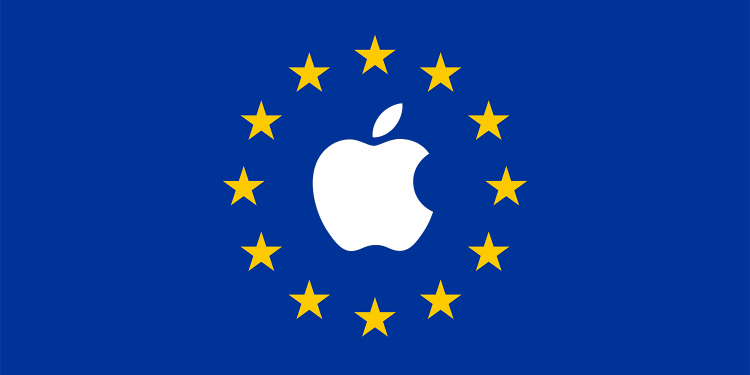The FINANCIAL — The General Court of the European Union issued its judgment in the Apple State Aid case today (Wednesday 15 July 2020) annulling the European Commission Decision. In 2016 The European Commission concluded that Ireland granted undue tax benefits of up to €13 billion to Apple and it was illegal under EU state aid rules. The Irish government welcomes judgement by the General Court of the European Union and says that the correct amount of Irish tax was charged and that Ireland provided no State aid to Apple
Apple Inc. won a major battle with the European Union when the bloc’s second-highest court on Wednesday sided with the U.S. company over a €13 billion ($14.8 billion) tax bill that EU antitrust officials had said the company owed to Ireland, The Wall Street Journal wrote.
In 2016 The European Commission concluded that Ireland granted undue tax benefits of up to €13 billion to Apple and it was illegal under EU state aid rules, because it allowed Apple to pay substantially less tax than other businesses.
At that time Commissioner Margrethe Vestager, in charge of competition policy, said: “Member States cannot give tax benefits to selected companies – this is illegal under EU state aid rules. The Commission’s investigation concluded that Ireland granted illegal tax benefits to Apple, which enabled it to pay substantially less tax than other businesses over many years. In fact, this selective treatment allowed Apple to pay an effective corporate tax rate of 1 per cent on its European profits in 2003 down to 0.005 per cent in 2014.”
However, EU’s General Court said Wednesday that ”the Commission did not succeed in showing to the requisite legal standard that there was an advantage.” “The Commission was wrong to declare” that Apple “had been granted a selective economic advantage and, by extension, state aid,” said the Luxembourg-based court, which is the second-highest in the EU, as reported U.S. News.
The Irish government welcomes the judgement by the General Court of the European Union (GCEU) that Ireland did not provide State aid to Apple and says that, Ireland has always been clear that, based on Irish law, the correct amount of Irish tax was charged and that Ireland provided no State aid to Apple.
The Irish Minister for Finance, Paschal Donohoe T.D., stated that, “We welcome the judgement of the GCEU. It proves that Ireland was correct to pursue this case in the European courts. Ireland has always been clear that the correct level of tax was charged and Ireland provided no state aid to Apple. Ireland continues to make appropriate changes to its tax regime in line with developments in the international tax environment and remains committed to that process.”
The General Court considers that the Commission did not succeed in demonstrating, in its subsidiary line of reasoning, methodological errors in the contested tax rulings which would have led to a reduction in ASI and AOE’s chargeable profits in Ireland. Furthermore, the General Court considers that the Commission did not prove, in its alternative line of reasoning, that the contested tax rulings were the result of discretion exercised by the Irish tax authorities and that, accordingly, ASI and AOE had been granted a selective advantage.
Margrethe Vestager, now the Executive Vice-President of the European Commission, said the Commission would “carefully study the judgment and reflect on possible next steps.” The Commission now has two months and ten days to appeal the decision with the European Court of Justice, the supreme court of the EU. That decision will be final, according to The Verge.
Apple won this battle against EU but, in March of 2020, it was announced that Apple will pay up to $500 million to settle lawsuit over slowing down older iPhones. The company admitted in December 2017 that it used software updates to slow down older iPhones, soon after angry customers and tech analysts flagged that the updates were causing diminished performance. The proposed settlement agreement requires Apple to pay the owners of certain iPhone models $25 per affected device, totaling a minimum of $310 million and a maximum of $500 million, CNN reported.






























Discussion about this post